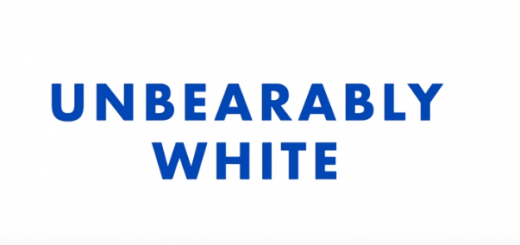Everlasting Arms by Vampire Weekend Lyrics Meaning – Unpacking the Poignancy of Love and Independence
Lyrics
Lead me to myself, leave me to myself
I took your council and came to ruin
Leave me to myself, lead me to myself
Oh I was made to live without you
But I’m never gonna understand, never understand
Oh I was born to live without you
But I’m never gonna understand, never understand
Hold me in your everlasting arms
Looked up for the fields trapped beneath the chandelier
It’s going down
I thought it over, and drew the curtain
Leave me to myself, lead me to myself
I hummed the Dies Irae you played the Hallelujah
Lead me to myself, don’t leave me in myself
If you’d been made to serve a master
You be fighting by the open night, fighting by the hand
Could I have been made to serve a master
When I’m never gonna understand, never understand
Hold me in your everlasting arms
Looked up full of fear trapped beneath the chandelier
It’s going down
Hold me in your everlasting arms
Looked up full of fear trapped beneath the chandelier
It’s going down
Hold me in your everlasting arms
Vampire Weekend has a knack for casting an esoteric lyrical spell, melding indie-rock vibes with deeply introspective musings. ‘Everlasting Arms,’ a standout track from their acclaimed album ‘Modern Vampires of the City,’ epitomizes this blend, discreetly journeying through themes of dependency, existential questioning, and the acceptance of life’s inherent paradoxes.
The song waltzes around a central tension between seeking solace in another’s ‘everlasting arms’ and the necessity of sovereign existence — a paradox familiar to many. Through a careful dissection of the lyrics, let’s dive into the profound narrative that this song weaves, illuminating the often unspoken truths ensconced between the lines.
A Dance of Dependency & Autonomy
The song’s opening lines serve not just as a cry from the heart but as a stark acknowledgment of the human propensity to seek guidance, only to find oneself led astray. ‘I took your council and came to ruin / Lead me to myself, leave me to myself’ sets the tone, outlining a tale of misplaced trust and the quest for self-guidance.
It’s a stirring reflection of how reliance on external forces or individuals can lead to personal downfall, and how it becomes essential to turn inwards, to find the compass that is one’s own wisdom. Yet, there’s an oscillation here — a yearning for guidance conflicting with the desire for autonomy, an inner battle most intimately felt at life’s crossroads.
Mingling Choral Contemplations with Indie Rock
The interplay of a ‘hummed Dies Irae’ with a ‘played Hallelujah’ encapsulates the song’s weaving of the sacred and the secular, nodulating between life’s somber realities and triumphs of spirit. It’s this musical and doctrinal dichotomy that hints at something more, a grapple with the existential breadth we traverse in our personal quest for meaning.
As much as it could be about the tension in romantic relationships, this also speaks to a deeper dance with destiny and theology itself. Do our lives play out to a predestined tune, or are we the composers of our own Hallelujahs? The song leaves the question lingering, with the understanding eternally just out of reach.
The Chandelier’s Dichotomy: Light and Trap
The image of being ‘trapped beneath the chandelier’ brings forth a duality that is both opulent and suffocating. A chandelier — a symbol of illumination and grandeur — becomes paradoxically a trap, a thematic thread Vampire Weekend effortlessly weaves in their work.
Herein lies a biting irony; the very object intended to shed light is what entraps the narrator, hinting at how enlightenment and entrapment can be two sides of the same coin. The ‘going down’ suggests an imminent collapse, a fall from grace or perhaps from an illusion of grandeur that one clings to.
Unraveling the Song’s Hidden Meaning
As ‘Everlasting Arms’ unfolds its narrative, the lyrics craft a subtle battle between submission to a higher power versus embracing one’s solitary existential journey. It’s a poetic inquiry into whether one is bound to serve a predetermined role or master, or if such notions are our own constructs.
This existential dilemma is set against a cosmic backdrop where the struggle doesn’t necessarily lead to resolution but to a dance with the unknown. It’s this resignation to life’s inscrutable mysteries — ‘I’m never gonna understand, never understand’ — that resonates as the song’s core philosophy.
Embracing the Embrace: Memorable Lines that Haunt
‘Hold me in your everlasting arms’ repeats as a refrain that’s both a plea and a resignation. These words embody the crux of human desire for connection and protection against the tide of solitude and obliteration.
The memorability of this line lies in its stark simplicity — the yearning for an embrace, everlasting in its promise and comforting against the vastness of our individual struggles. It encapsulates the human plight — our innate need for each other in a world where our ultimate journeys must be faced alone.








